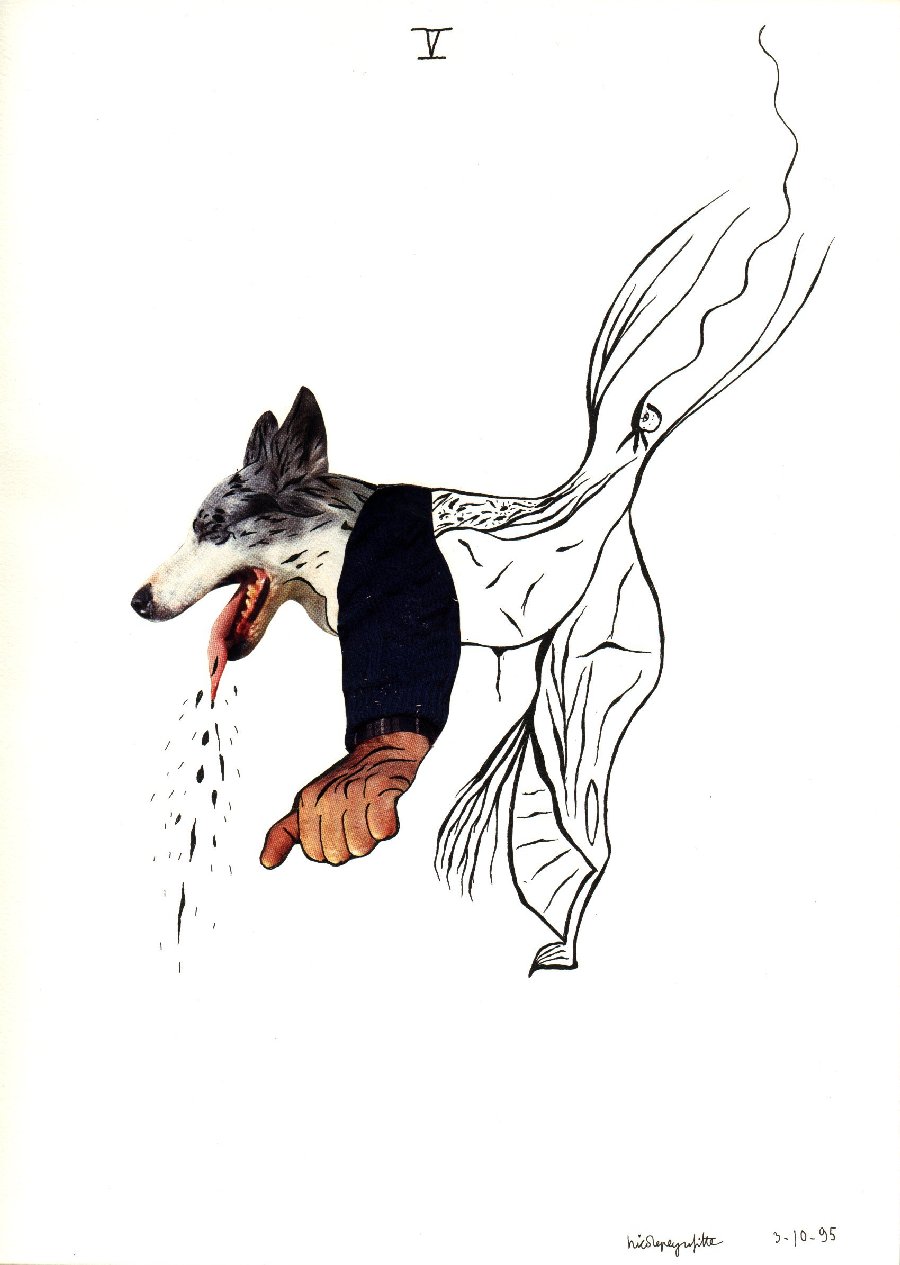It is fava bean season. This wonderful old world legume is believed to have originated in the Orient and was already cultivated by ancient Egyptians. In the South of France fresh fava beans are also eaten raw, just dipped in a little salt. I have chosen a very simple recipe but they can also be prepared mashed, added into soup, or prepared with béchamel sauce. According to some French websites fava bean flour can be used as an additive to regular bread because of its containt of an enzyme called lipoxygenase that among other things whitens the dough.
The bean will need to be released from the pod. One pound per person will provide a good size portion. Note that the pods gets the darker as the beans mature.
If your fava beans are really fresh you will not need to peel them. If the outer skin is whitish you will need to do it, otherwise the skin gets tough.
Mine where fresh enough so I didn’t peel them
I sauteed one small onion in a spoon of olive oil until golden, then I add the fava beans,one teaspoon of kofte spice, 1/2 teaspoon of fresh savory herb, salt & pepper and 1 tablespoon of water. Cover and cook until the beans are tender or about 6 minutes.
Voilà! for today and if you cook any of my dishes or need more info do not hesitate to write to me.


